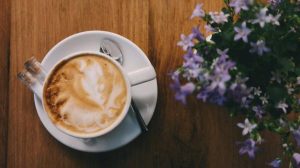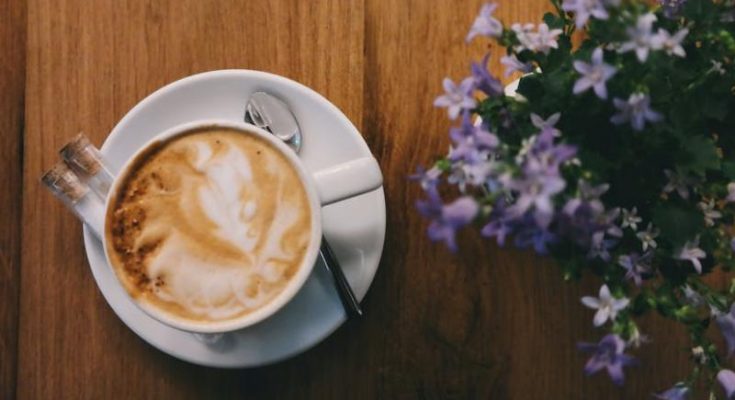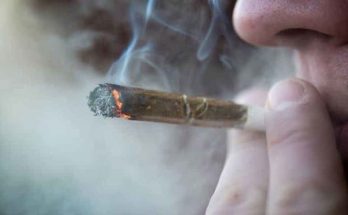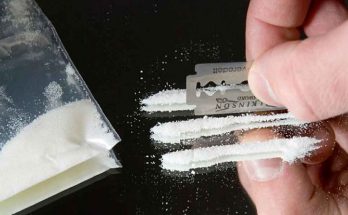 CHENNAI: Everyday morning coffee is like a ritual for some and habit for many, but it can lead to insomnia over a long term and cause fatigue, nausea and headaches. Caffeine drinkers may find it harder to fall asleep than people who don’t drink caffeine. Once they drift off, their sleep is shorter and lighter, says a report published in the Harvard health newsletter.
CHENNAI: Everyday morning coffee is like a ritual for some and habit for many, but it can lead to insomnia over a long term and cause fatigue, nausea and headaches. Caffeine drinkers may find it harder to fall asleep than people who don’t drink caffeine. Once they drift off, their sleep is shorter and lighter, says a report published in the Harvard health newsletter.
“Caffeine blocks the effects of adenosine, a neurotransmitter thought to promote sleep and even a single cup of coffee can lead to a sleepless night. Adenosine works on the nerve activity to slow it down and makes an individual sleepy.
However, caffeine acts on adenosine and stops an individual from becoming tired,” Dr N. Dinesh, consultant neurologist.
However, the effects are dependent on the sensitivity of the drinker. The effects of caffeine are such for some people that a single cup of coffee can lead to a sleepless night, while others can sleep even after coffee in the evening.
“If an individual finds it difficult to sleep mostly after consuming more coffee during the day, the person tends to be more caffeine sensitive. Insomniacs should avoid coffee to prevent ruining the sleep due to prolonged effects.
Moreover, caffeine also increases the need to urinate frequently that can disturb sleep often. To have undisturbed sleep, caffeine sensitive people stop the intake of caffeine, especially after 2 pm,” says senior neurologist Dr Satish Kumar.
Lack of sleep can not only lead to chronic diseases such as diabetes, cardiac disorders, high blood pressure, depression and obesity, he adds.
However, withdrawing caffeine intake can have short-term health issues such as a headache, irritability, fatigue and other disorders. Therefore, medicos suggest that reducing the intake over a time-period or replacing coffee with tea can be of help and will reduce its impact on sleep.





